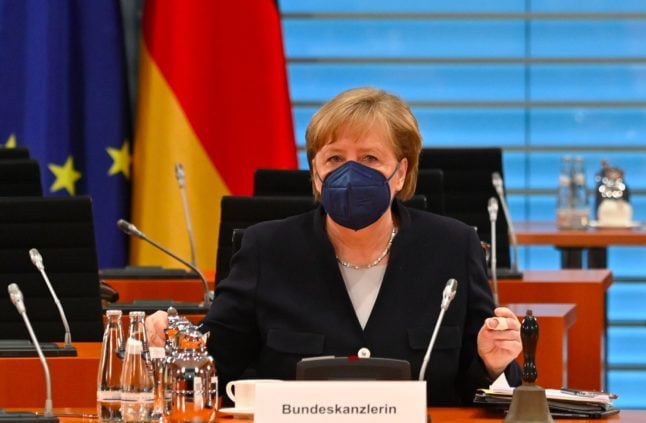The decision after a two-day emergency session behind closed doors in Geneva means global travel restrictions may be put in place to halt its spread as the overall death toll nears 1,000.
The WHO move comes as US health authorities admitted on Thursday that Ebola's spread beyond west Africa was "inevitable", and after medical charity Doctors Without Borders (MSF) warned that the deadly virus was now "out of control" with more than 60 outbreak hotspots.
WHO director Margaret Chan appealed for greater international aid for the countries worst hit by the outbreak, which she described as the most serious in four decades, echoing an earlier claim by MSF that the "epidemic is unprecedented in terms of geographical distribution, people infected and deaths".
States of emergency were in effect across overwhelmed west African nations, including Libera, Guinea and Sierra Leone.
Soldiers in Liberia's Grand Cape Mount province — one of the worst-affected areas — set up road blocks to limit travel to the capital Monrovia, as bodies reportedly lay unburied in the city's streets.
Two towns in the east of Sierra Leone, Kailahun and Kenema, where put under quarantine on Thursday, as nightclubs and entertainment venues across the country were ordered shut.
Public sector doctors in Nigeria suspended a month-long strike with fears rising that the virus is taking hold in sub-Saharan Africa's most populous country.
The deadly tropical disease has already killed two and infected five others in Lagos.
Ebola has claimed at least 932 lives and infected more than 1,700 people since breaking out in Guinea earlier this year, according to the WHO.



 Please whitelist us to continue reading.
Please whitelist us to continue reading.
Member comments